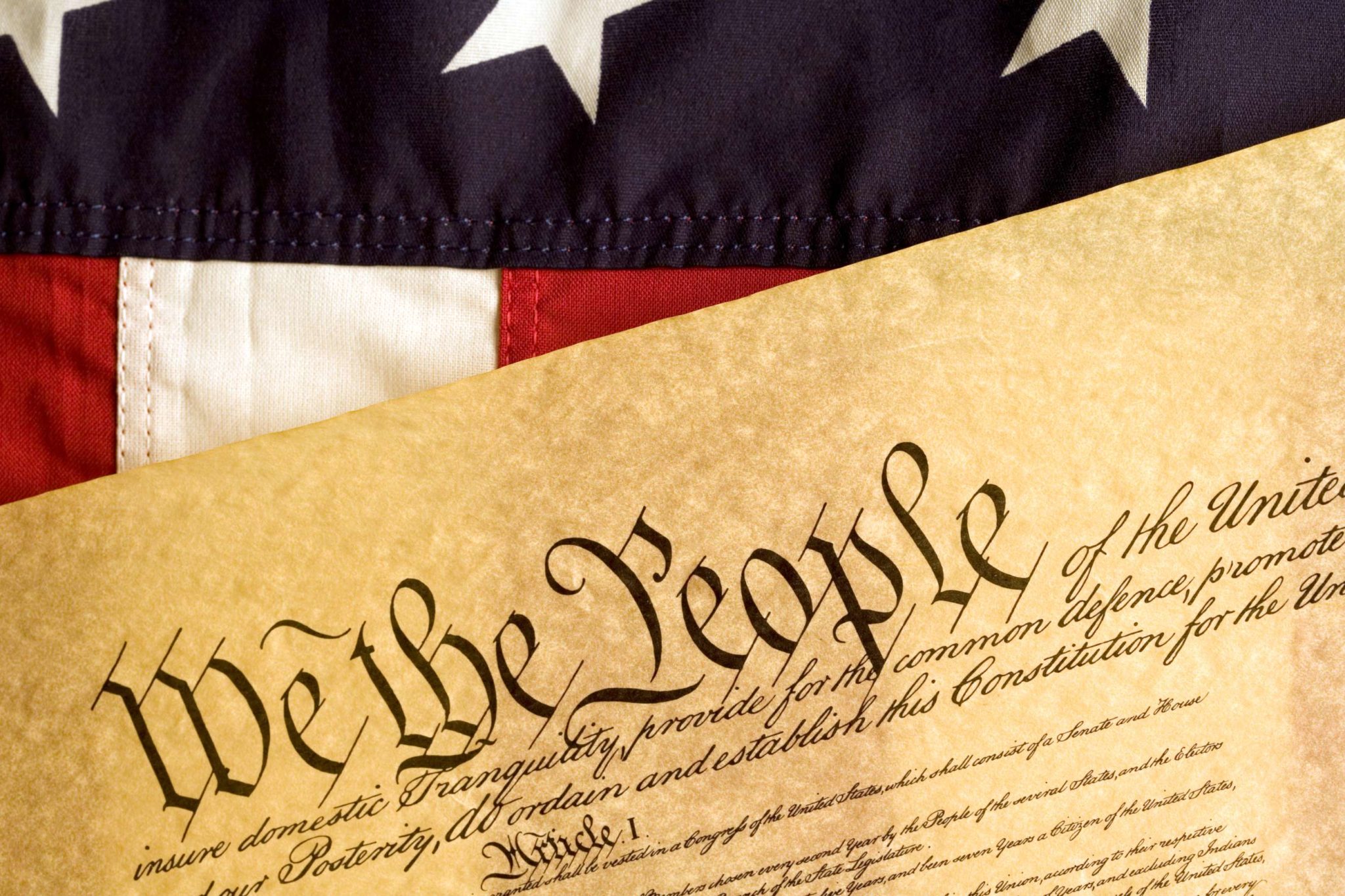Communiqué de presse
Le Sénat du Maryland met à jour et finance le programme de financement public du gouverneur

Advocates say update will help reduce role of wealthy and corporate donors in 2022 election
Annapolis – In a strong bipartisan vote (39-6), the Maryland State Senate has approved a bill to update and fund the state’s small donor public financing program for gubernatorial candidates. Senate Bill 415 is sponsored by Chairman Paul Pinsky and is cross-filed in the House of Delegates by Del. Jessica Feldmark (HB424).
Maryland’s current public financing system for the gubernatorial race was implemented in the 1970s. While only contributions up to $250 from individuals count towards seed money and are matched, individuals and non-individuals are able to make contributions up to $6,000, which is far greater than most Marylanders can afford. Under the current system, participating candidates can also accept money from businesses or corporations.
En 2020, la Maryland PIRG Foundation a publié un rapport qui found that the people and entities that donate to Maryland’s Gubernatorial campaigns are not reflective of Marylanders who are eligible to vote in these elections
“For too long Maryland gubernatorial elections have been dominated by large and corporate donors,” explained Emily Scarr, directrice du Maryland PIRG. “But thanks to SB415, things could be different in 2022. Candidates can spend time building support in communities instead of chasing big checks from wealthy donors and special interests.”
In 2014, after authorization from the state, Montgomery County became the first community in the state to establish a small donor public financing system for local elections. Since, Howard County, Washington D.C., Prince George’s County, Baltimore City, Baltimore County, and Anne Arundel County have established similar programs or are considering doing so. In Baltimore City, Baltimore County, and Howard County voters approved of the fund through amendments to the City and County charters. Le comté de Montgomery a organisé ses premières élections en utilisant ce système en 2018, ce qui a donné des résultats prometteurs.
“Small donor public financing for governor can expand opportunities to run for office so candidates who don’t have access to wealth or big donors, so more women and people of color can run competitive races for Governor” explained Joanne Antoine, directrice exécutive de Common Cause Maryland. “We are thrilled that the Maryland Senate is pushing to help build a more reflective and representative government.”
The existing gubernatorial public financing program was successfully utilized by Gov. Larry Hogan in his first run for office and has been used by other Republican and Democratic candidates. The bill updates the program to more strictly limit large and corporate donations; shifts the program to a tiered match; and ensures minimum funding for the program.
« En multipliant les dons de $150 ou moins, le programme Fair Elections placera les petits donateurs au centre des élections du gouverneur du Maryland, augmentant l'équité du financement des campagnes ainsi que les opportunités pour les Marylandais d'influencer leur résultat », a expliqué Rev. Kobi Little, Maryland NAACP Vice President and Political Action Chairman.
In order to participate in the updates small donor program for Governor, candidates have to file a notice of intent to make use of the fund, establish a new campaign account, and meet a few conditions:
- Ils doivent accepter uniquement les dons de particuliers, d'un montant de $250 ou moins.
- Ils doivent refuser les dons provenant de grands donateurs, de PAC, d’entreprises, d’autres candidats et de partis politiques.
- Ils doivent atteindre des seuils minimaux concernant le nombre de donateurs locaux et le montant d’argent collecté afin de démontrer que leur quête d’une fonction publique est viable.
- Si un candidat accepte et remplit ces conditions, il devient éligible à des fonds de contrepartie limités pour les petits dons faits par les résidents du Maryland.
###

